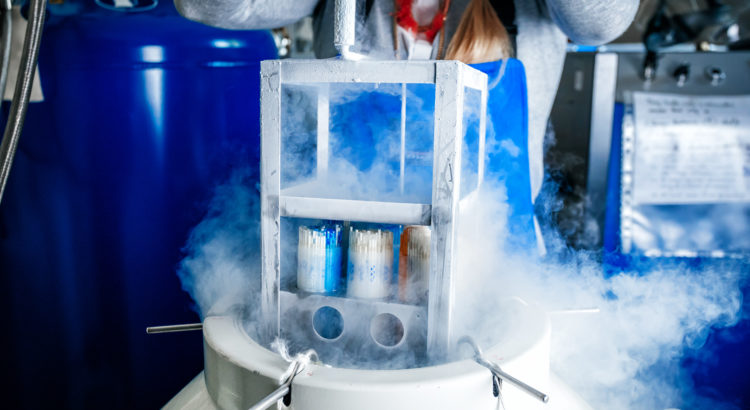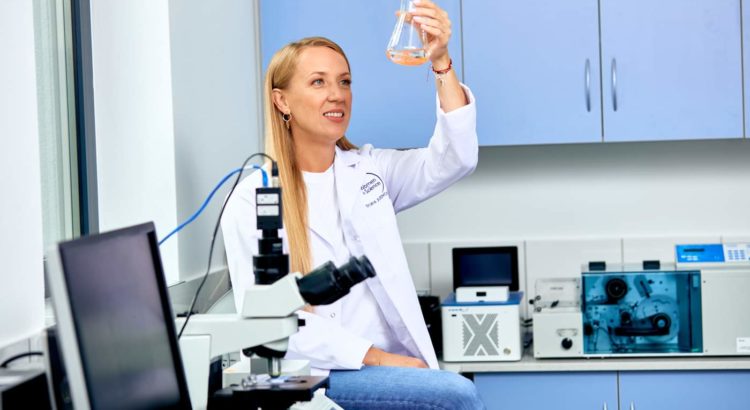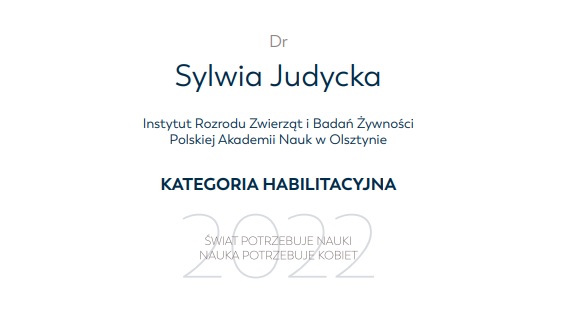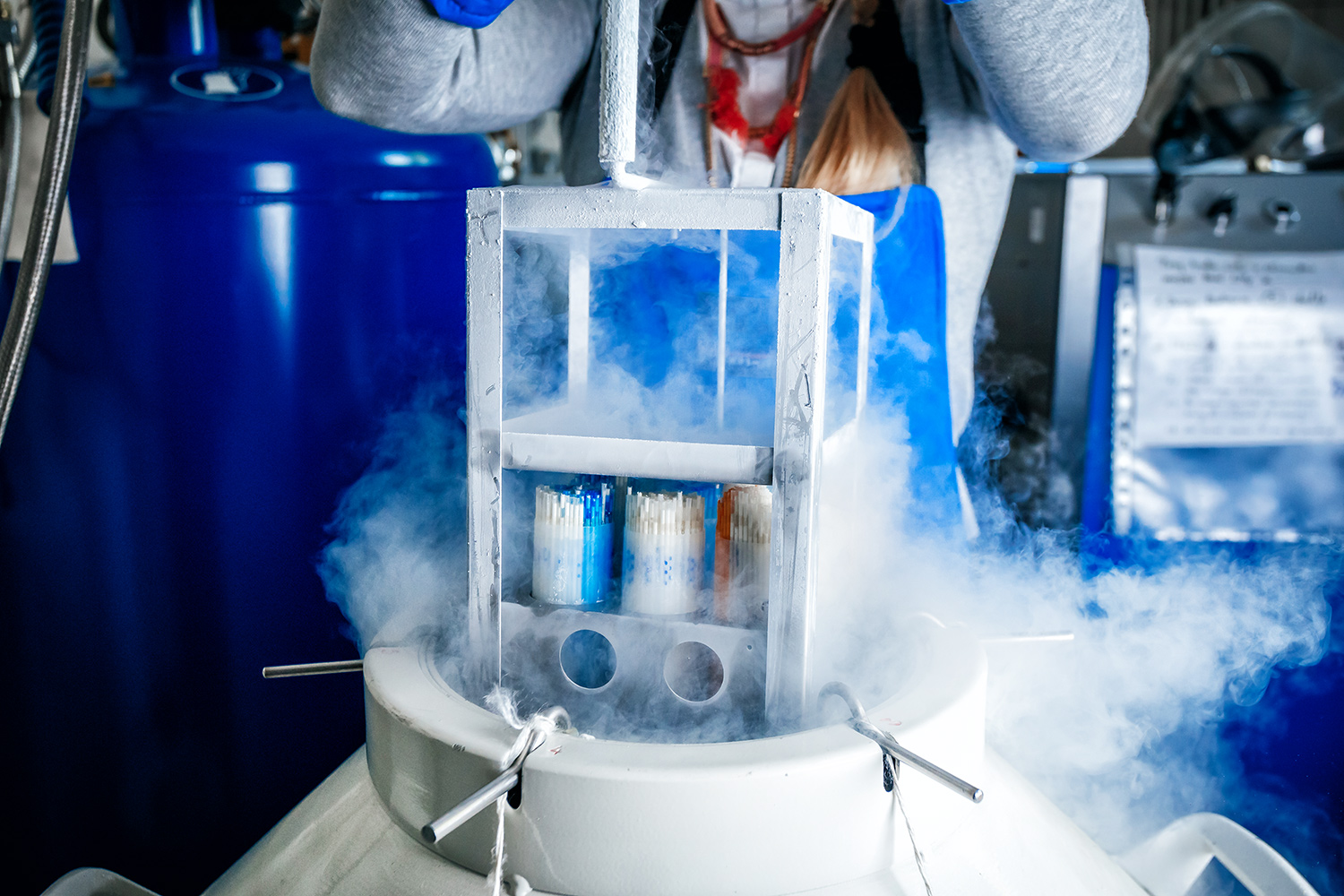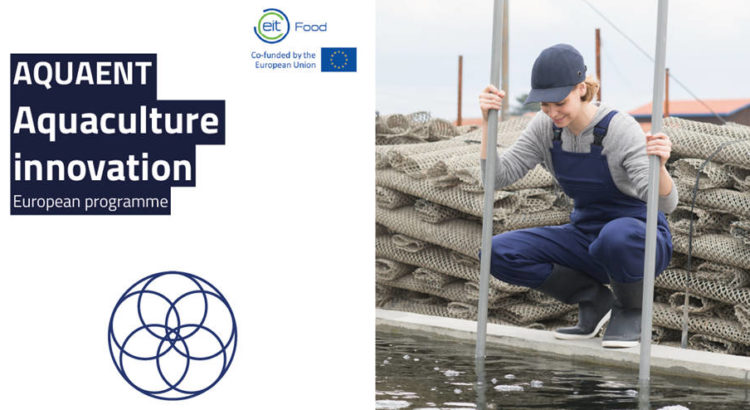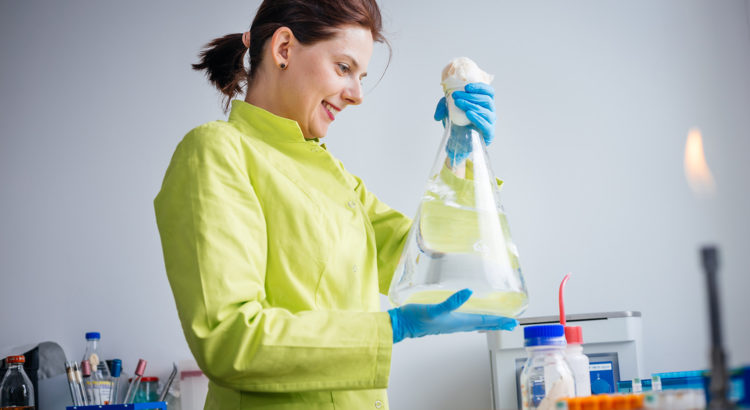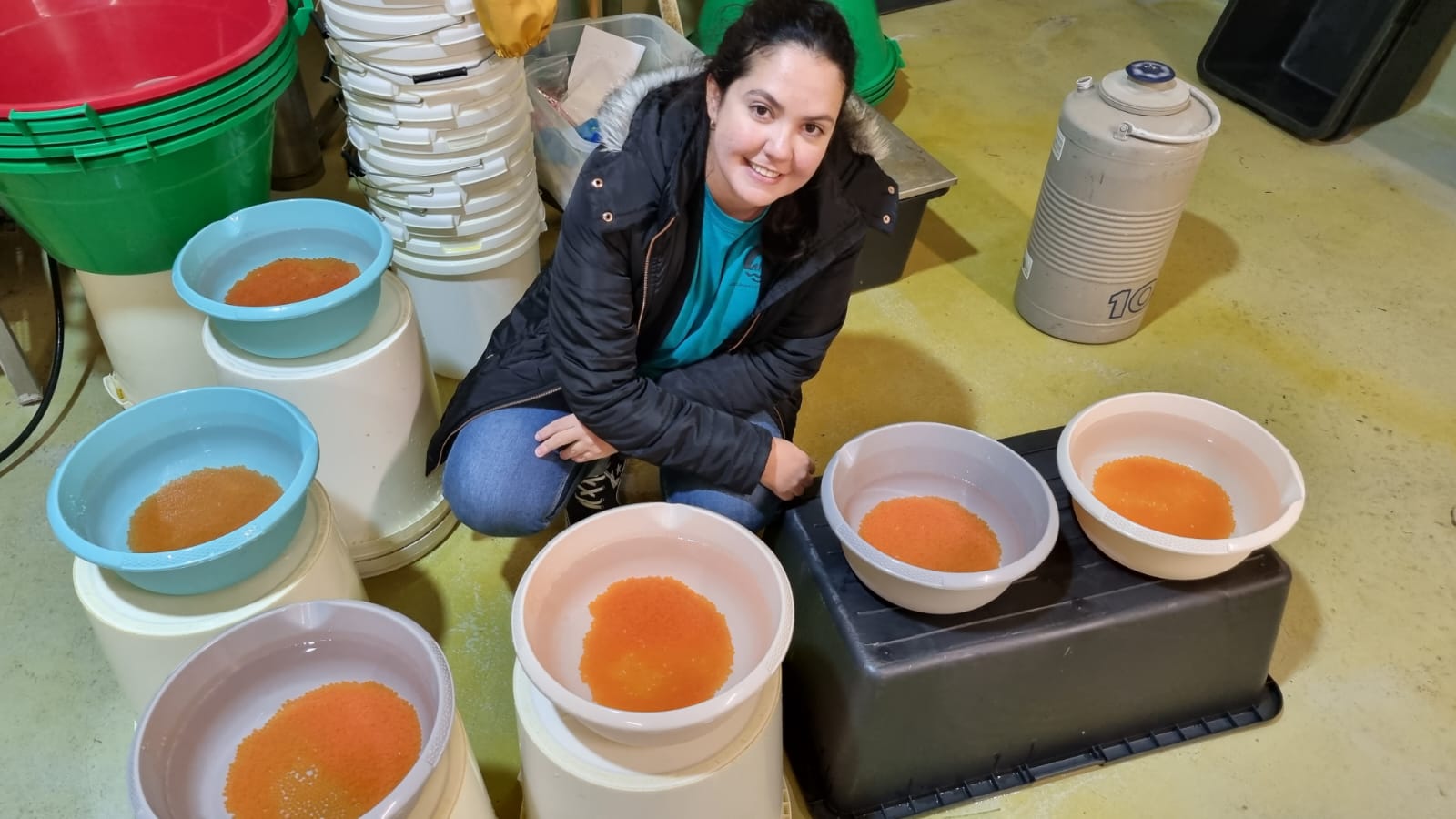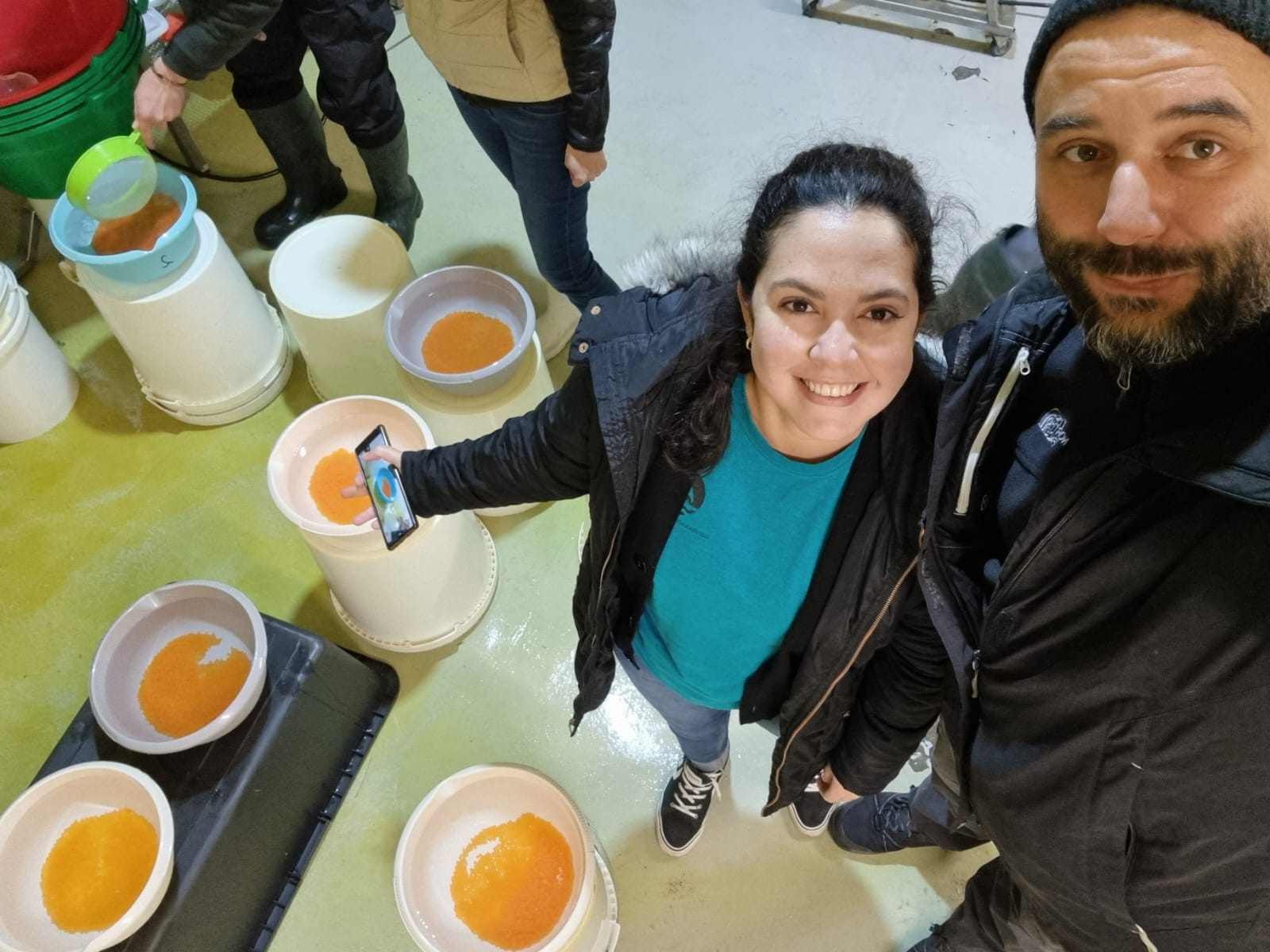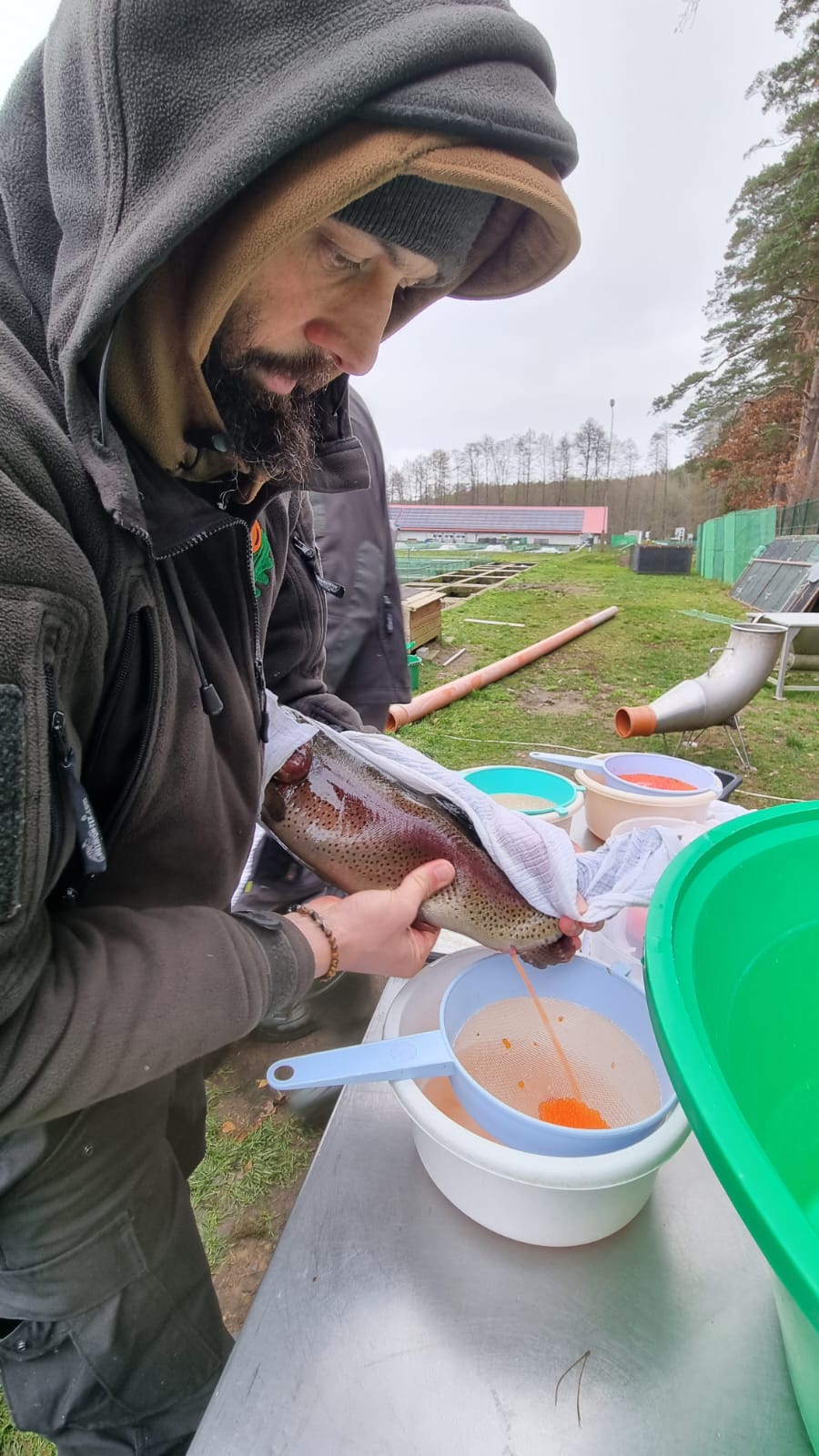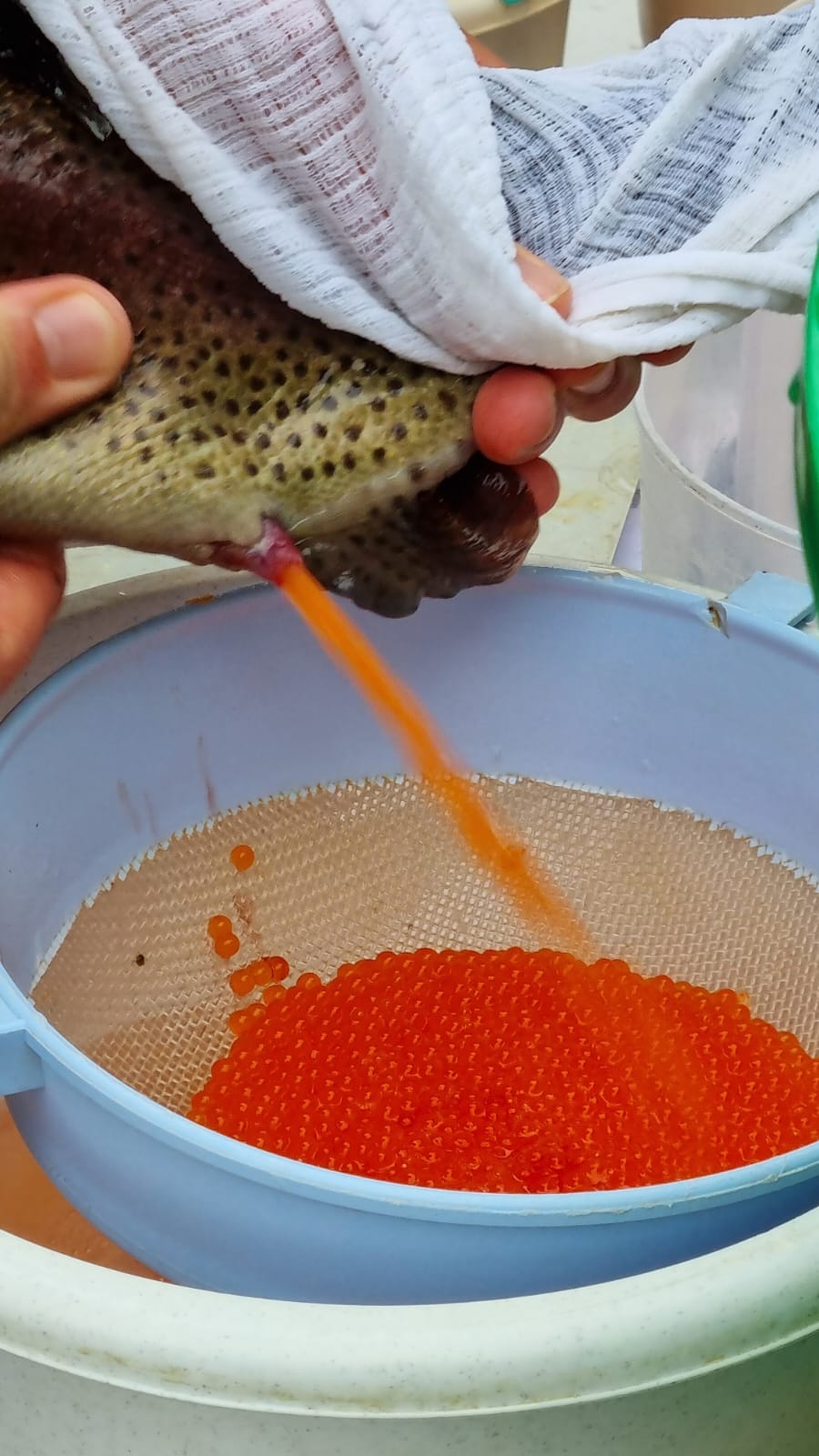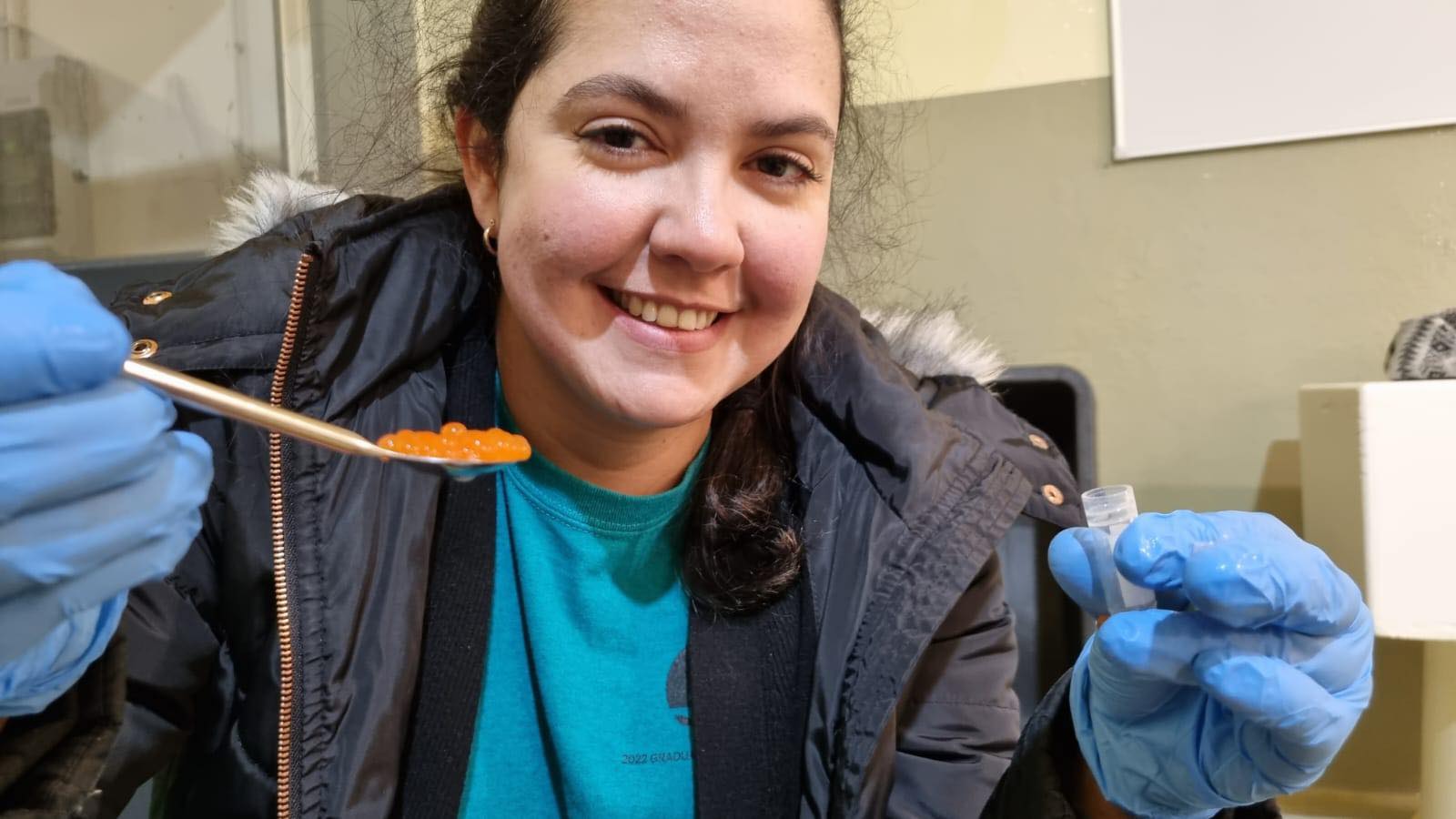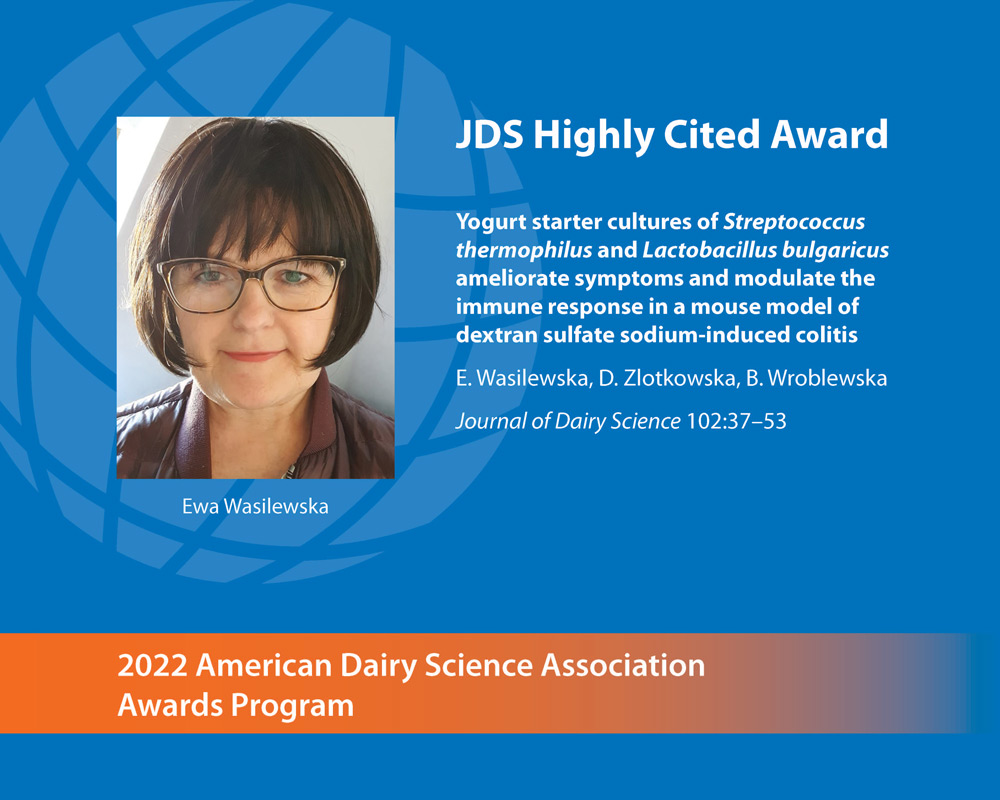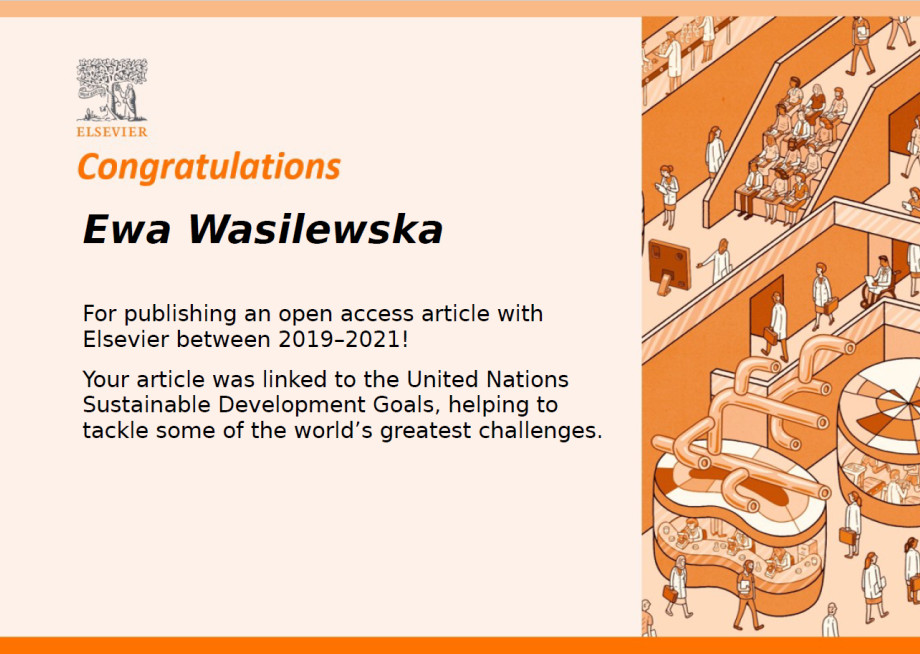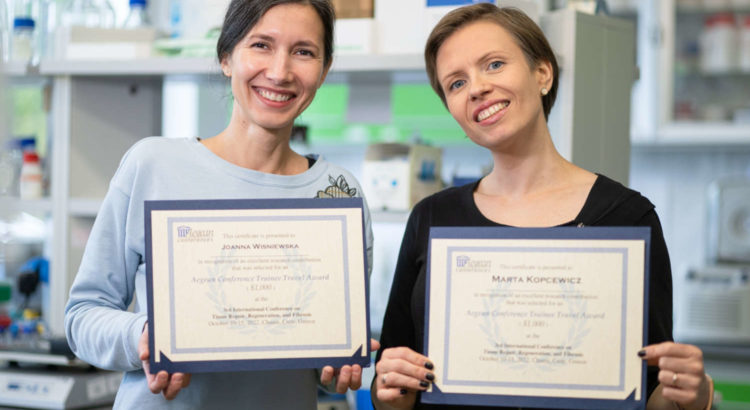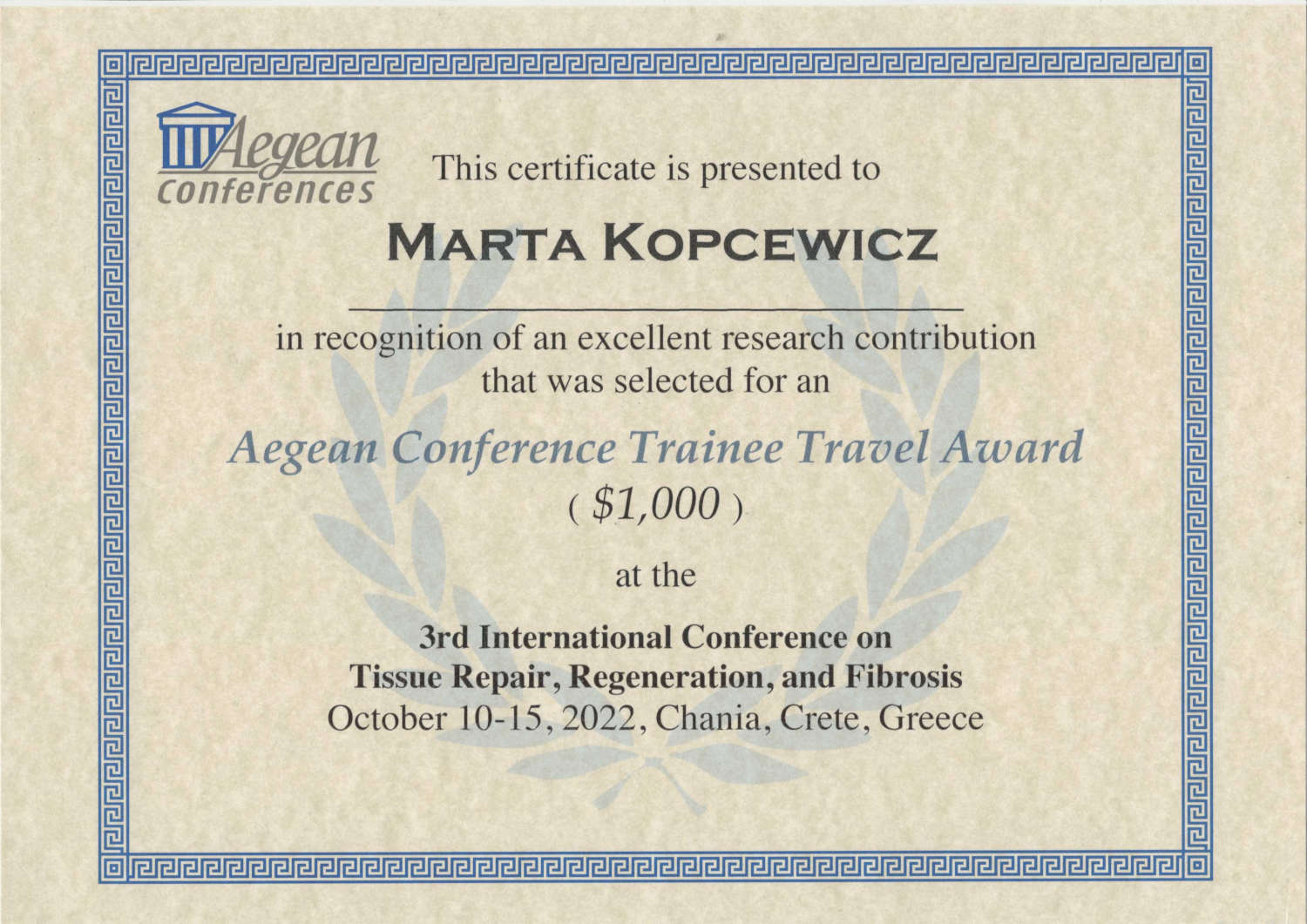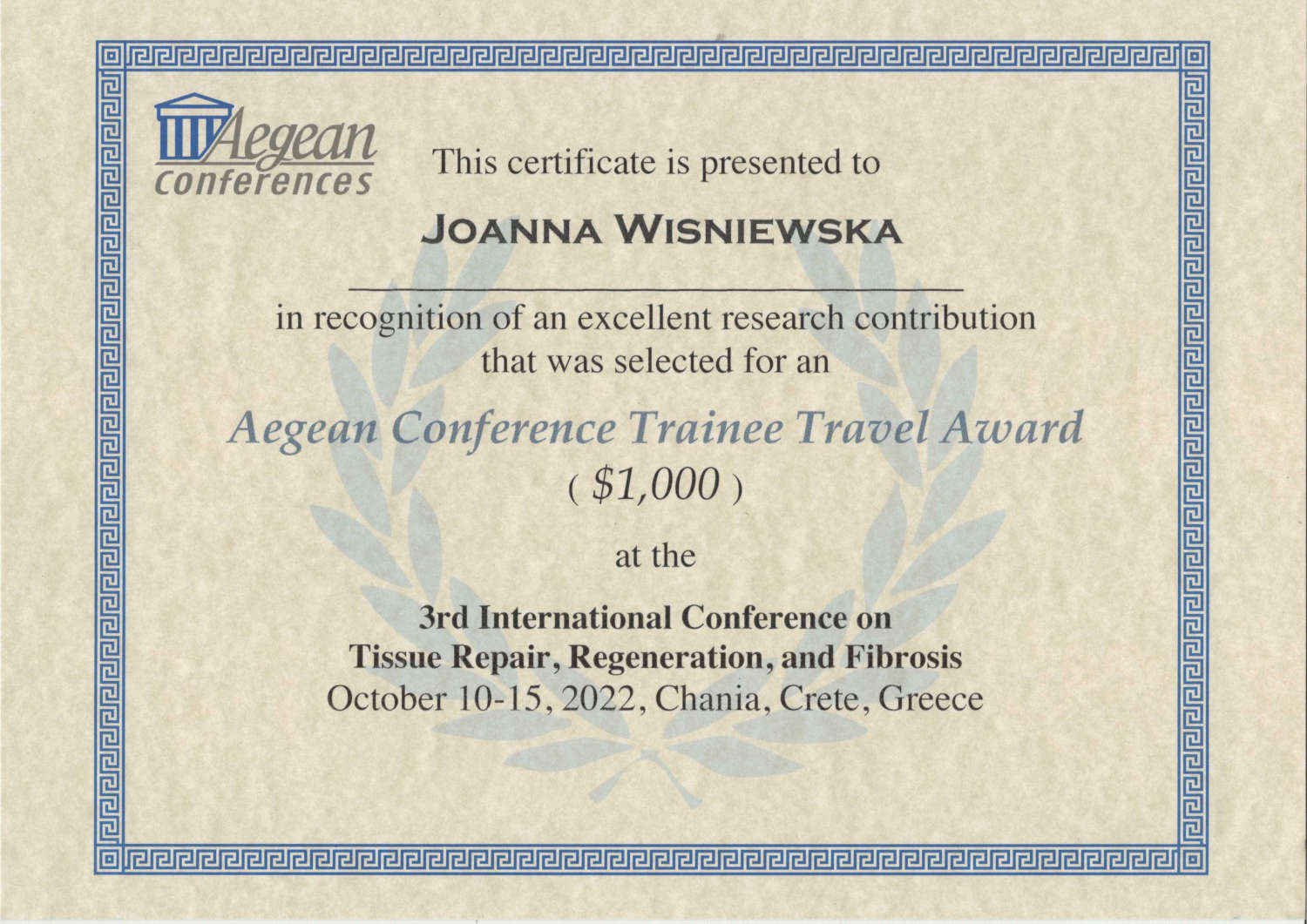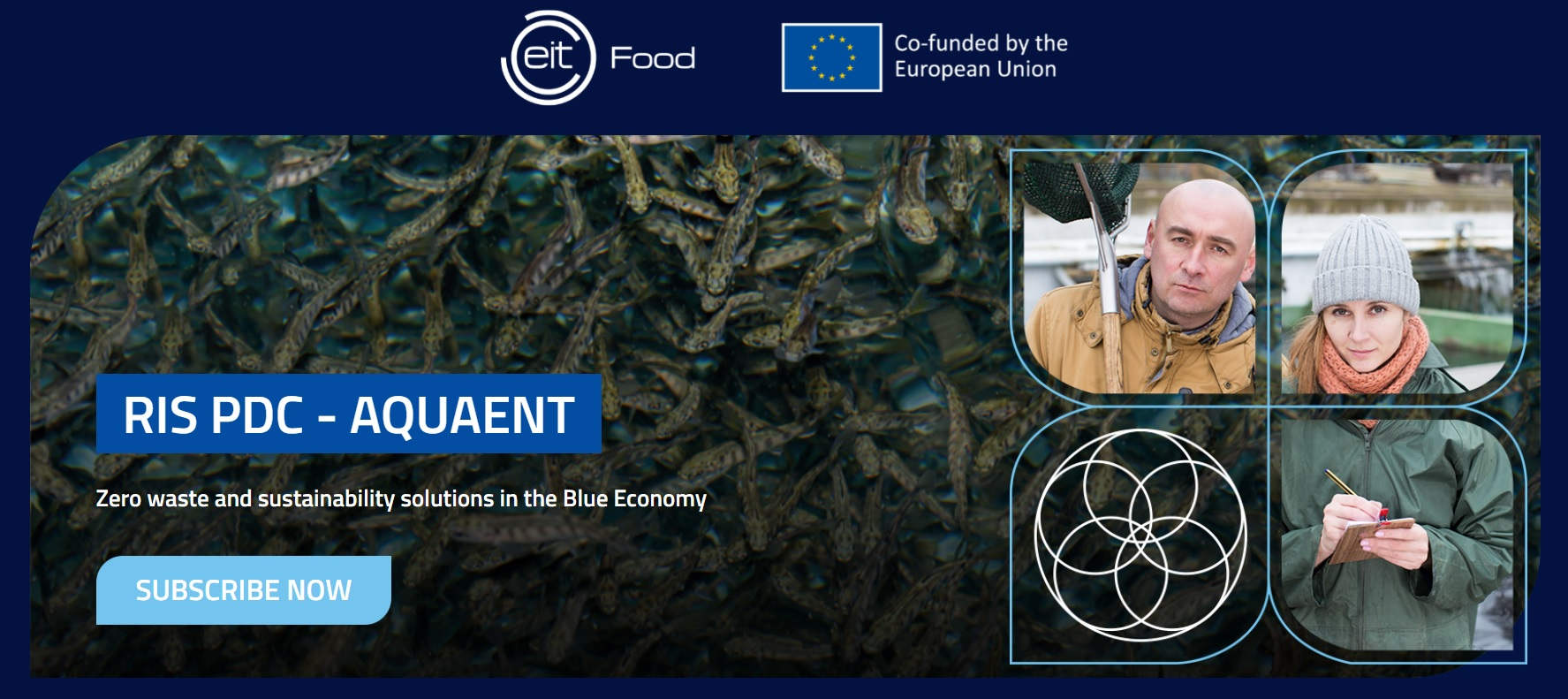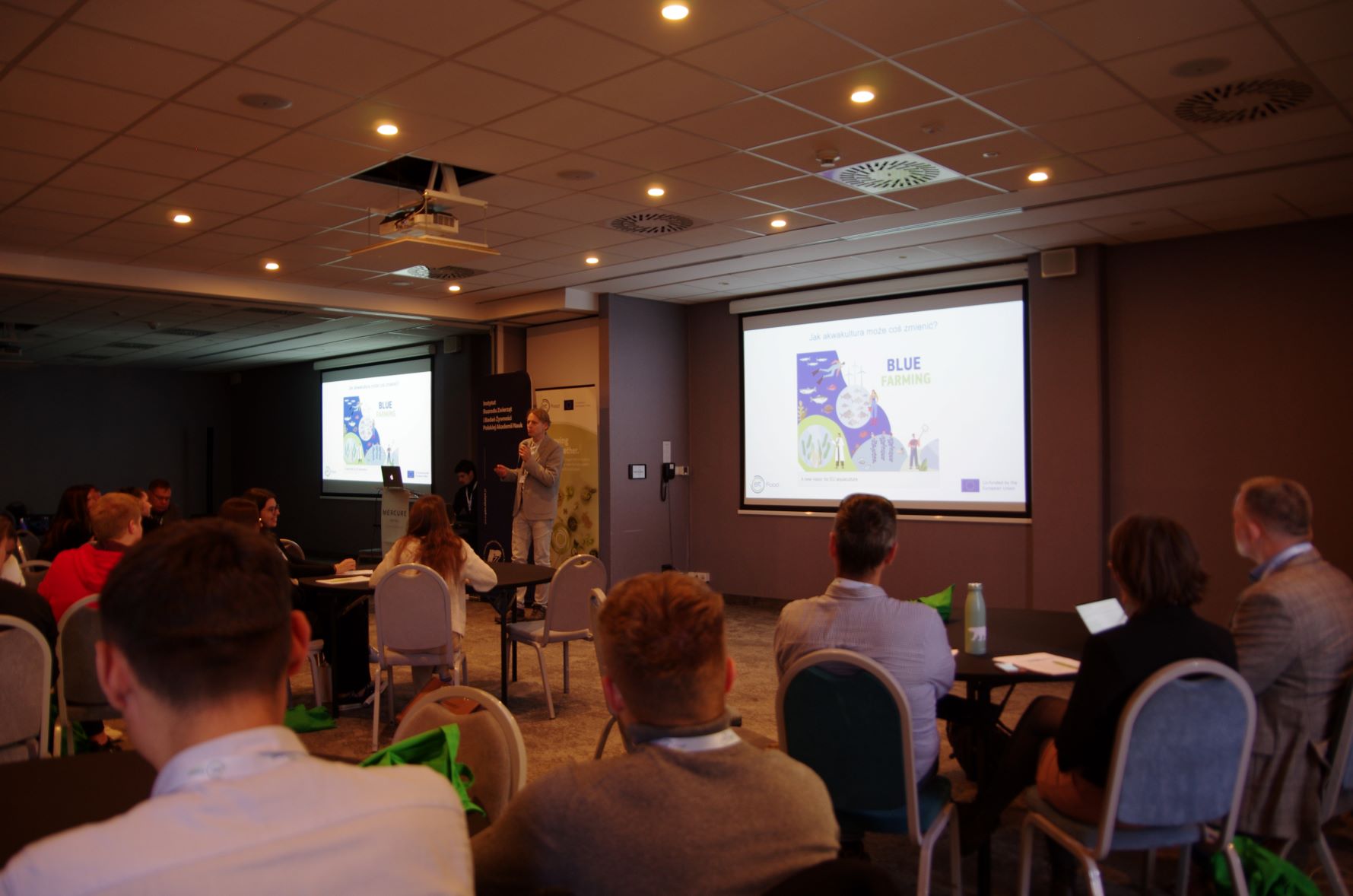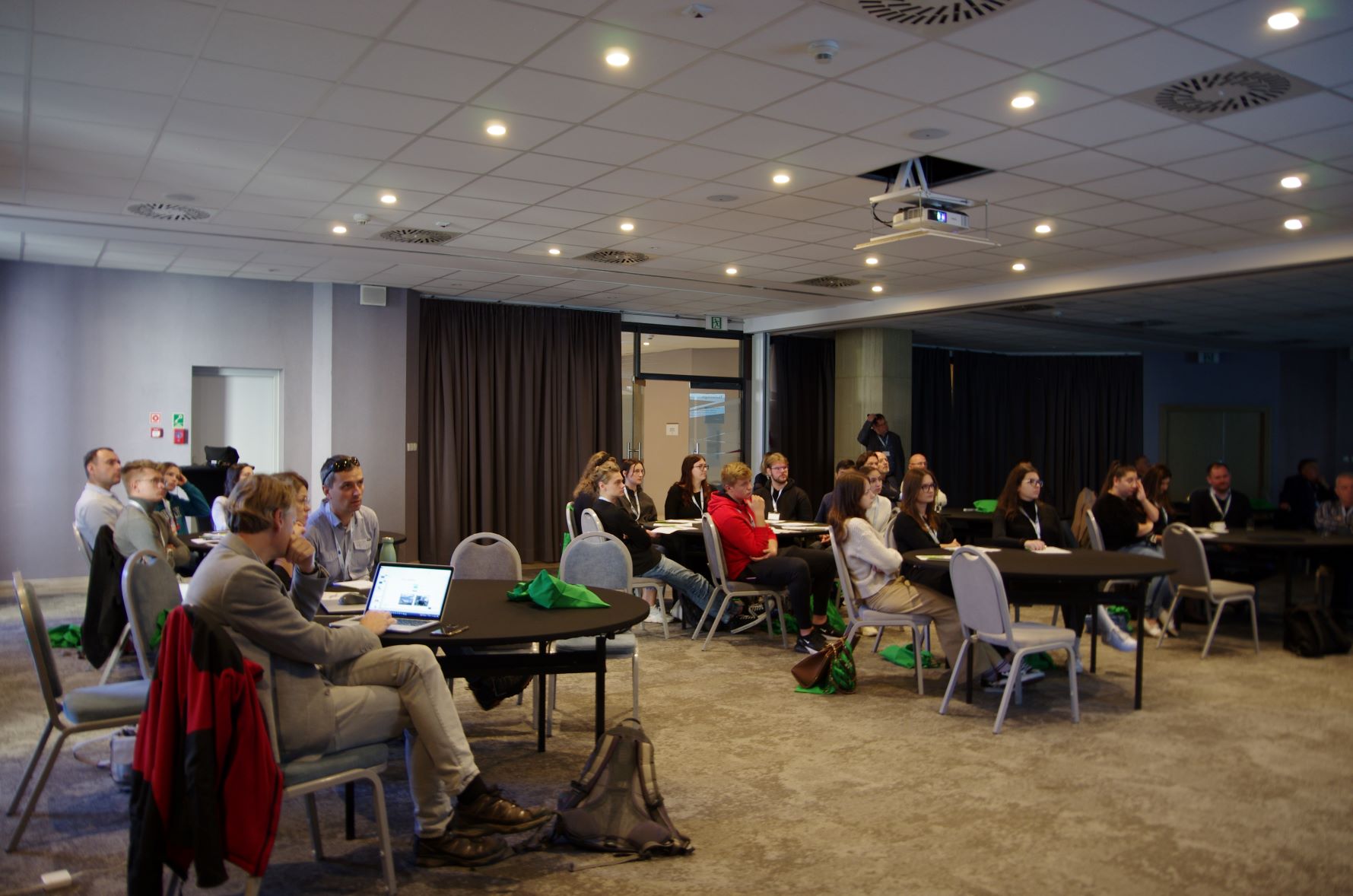Scientists from our Institute have received an award from Division II of Biological and Agricultural Sciences of the Polish Academy of Sciences. Their contribution to developing and improving protocols for the cryopreservation of salmonid and perch fish semen was awarded.
On November 24, 2022, during the plenary meeting of Division II of Biological and Agricultural Sciences of the Polish Academy of Sciences, it was decided to award the honor to the scientific team from the Institute of Animal Reproduction and Food Research of the Polish Academy of Sciences, consisting of:
- Prof. Andrzej Ciereszko;
- Sylwia Judycka, Ph.D.;
- Joanna Nynca, Ph.D.;
- Mariola Dietrich, PhD.
The award was given to a series of works on the research issue about: „Development of a standardized method for cryopreservation of fish semen and its implementation in salmonid breeding improvement programs”.
Importance of the research work
Cryopreservation is the process of storing biological material (cells, tissues, embryos) at low temperatures (-196 ºC). Under such conditions, all biological activity stops. Theoretically, the viability of natural material stored in liquid nitrogen should be maintained for at least 3000 years. Cryopreserved semen is widely used in cattle breeding and assisting human reproduction, but the practice has not been introduced to fish breeding.
This study focused on developing a procedure for cryopreserving semen from salmonids (rainbow trout, alpine pilchards, grayling, rainbow trout, and brook trout) and perch (perch and zander), which can be used to create semen banks. Researchers from our Institute focused on learning about the changes in fish sperm that occur during cryopreservation. The study also showed that the following factors significantly affect the success of cryopreservation: the final concentration of sperm, the final concentrations of glucose and methanol in the diluent, and the time of equilibration of semen in the diluent before cryopreservation. The developed standardized semen cryopreservation procedure, once implemented in hatchery practice, should significantly improve selection work in fish farming.
At the plenary meeting of Division II of Biological and Agricultural Sciences of the Polish Academy of Sciences, a total of one award and four honorable mentions were given to scientific teams from institutes of the Polish Academy of Sciences and other units. The complete list of awardees can be found here.
